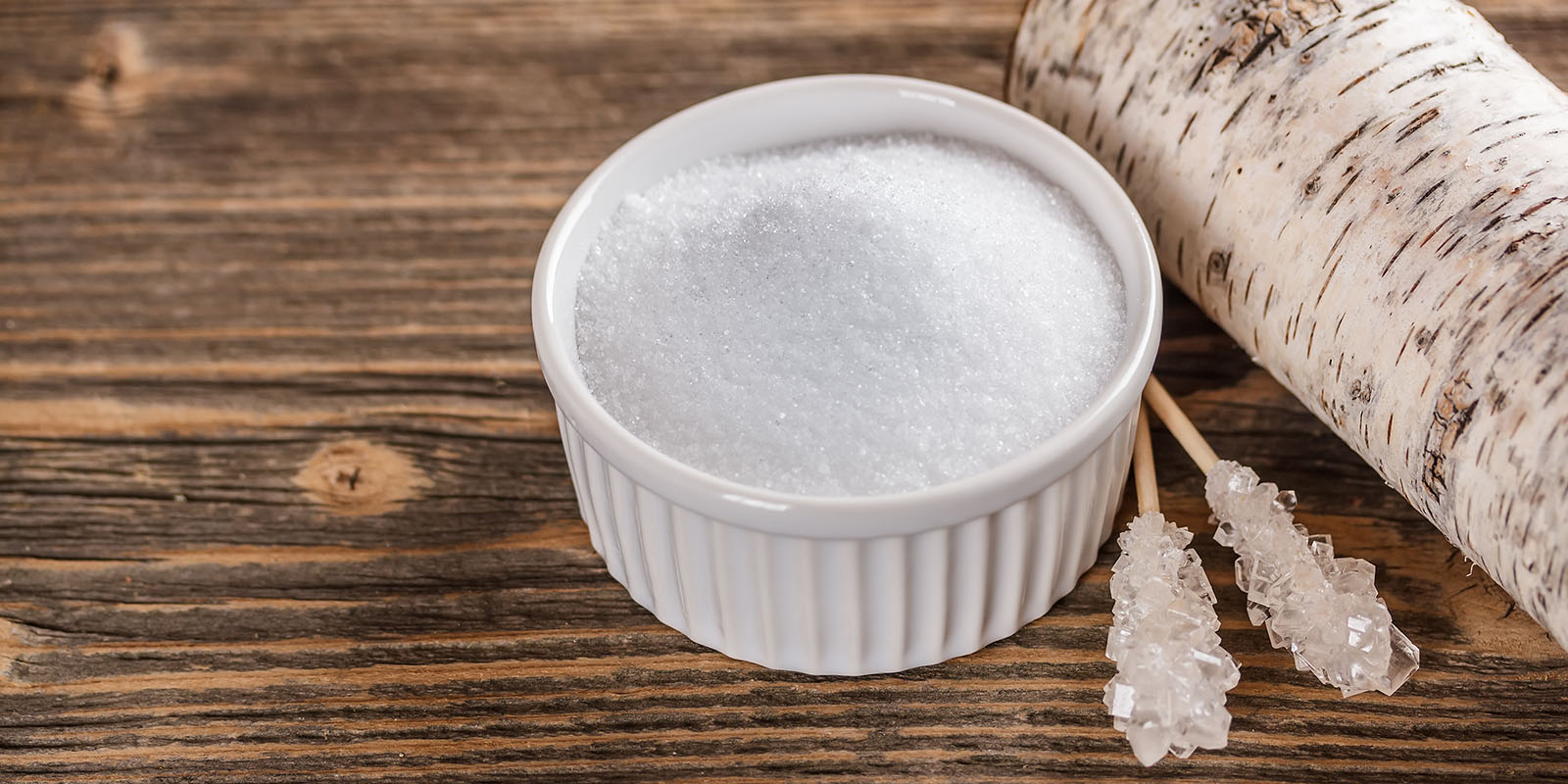Aspartame Versus Sugar: Our bodies have a natural affinity for sweet things, as the sugars in fruits and other plants are a healthy source of energy. Unfortunately, many corporations have taken advantage of this biological instinct, and have created artificial chemicals, such as aspartame, that trick our taste buds into thinking that we are eating something sweet and healthy.
Aspartame, sold under a number of brand names, is widely considered to be an extremely toxic substance. When we avoid sugar in an effort to lose weight or count calories, and eat foods and consume beverages sweetened with aspartame, we may be unwittingly exacerbating health problems, and even ironically contributing to digestive issues that lead to weight gain and other issues.
While no conclusive worldwide health findings have yet established a permanent and causative link between aspartame and disease, a growing body of scholarly work is documenting the disastrous effect of consuming aspartame. Studies have strongly linked the consumption of aspartame to headaches, dizziness, skin rashes, fatigue, and breathing difficulties. Other more serious illnesses, such as depression, heart palpitations, memory loss, Alzheimer’s, brain tumors, epilepsy, birth defects, and even cancer are also strongly linked to aspartame. In the United States alone, more than 75% of all adverse reactions to food products reported to the FDA are related to the consumption of aspartame.
Because aspartame is a registered, commercial food additive, it is public knowledge that the sweetener is chemically composed of three ingredients: aspartic acid, methanol, and phenylalanine. The latter two are recognized by the FDA and the World Health Organization as being toxic, and even potentially fatal, for a large number of people. As such, all foods and beverages containing aspartame in the United States are required by law to carry a health warning.
Nutritionists have strong opinions on the consumption of ordinary white sugar, but it is now rapidly becoming incontrovertible that the effects of consuming aspartame are far more toxic and damaging to your health than sugar. Obesity and diabetes are serious health issues, but the costs of consuming aspartame far outweigh any temporary benefit gained by saving a few calories when avoiding eating or drinking sugar.
Aspartame, and the various trademarked names under which it is sold, are still approved for sale and consumption in the United States, but many health advocates believe that this toxic chemical will soon join the ranks of saccharine and sodium cyclamate, banned from human consumption after decades on the market.
If you are looking for a sugar substitute in order to achieve weight loss or other health goals, stevia, agave nectar and xylitol are potentially good options for you.

